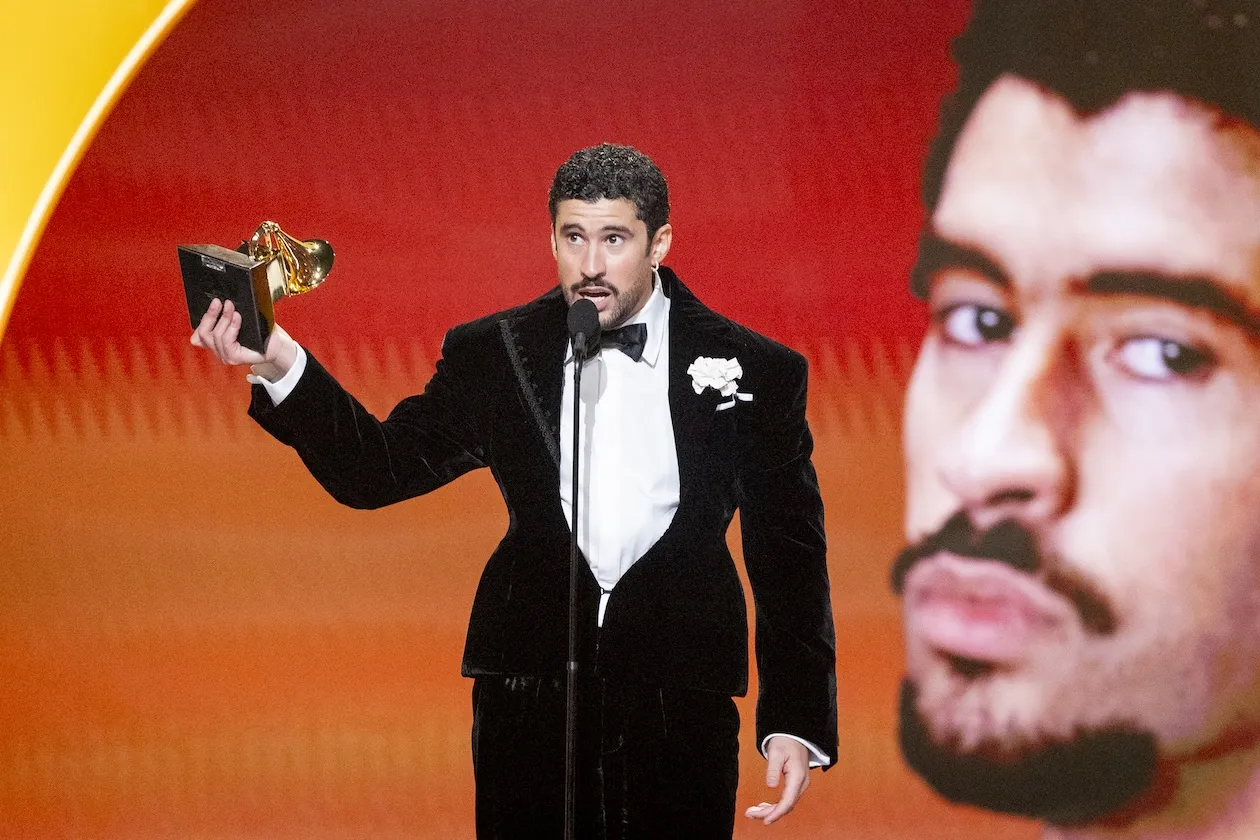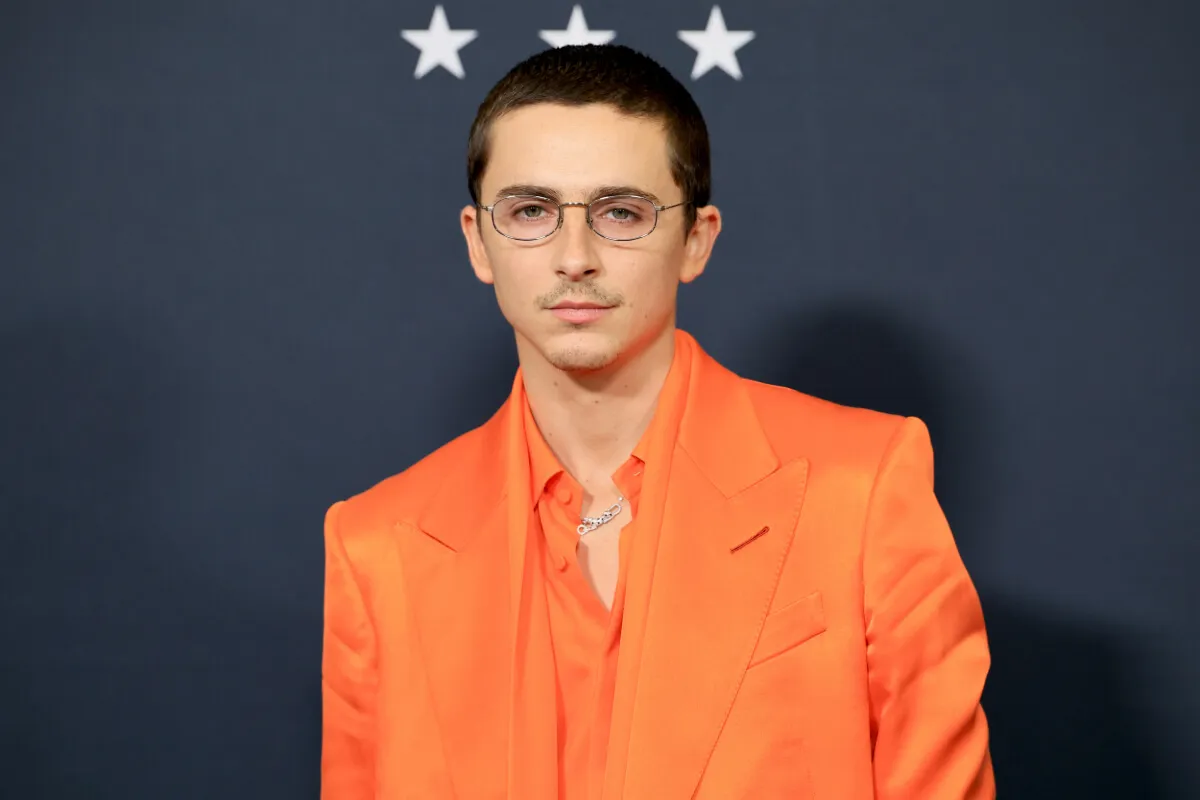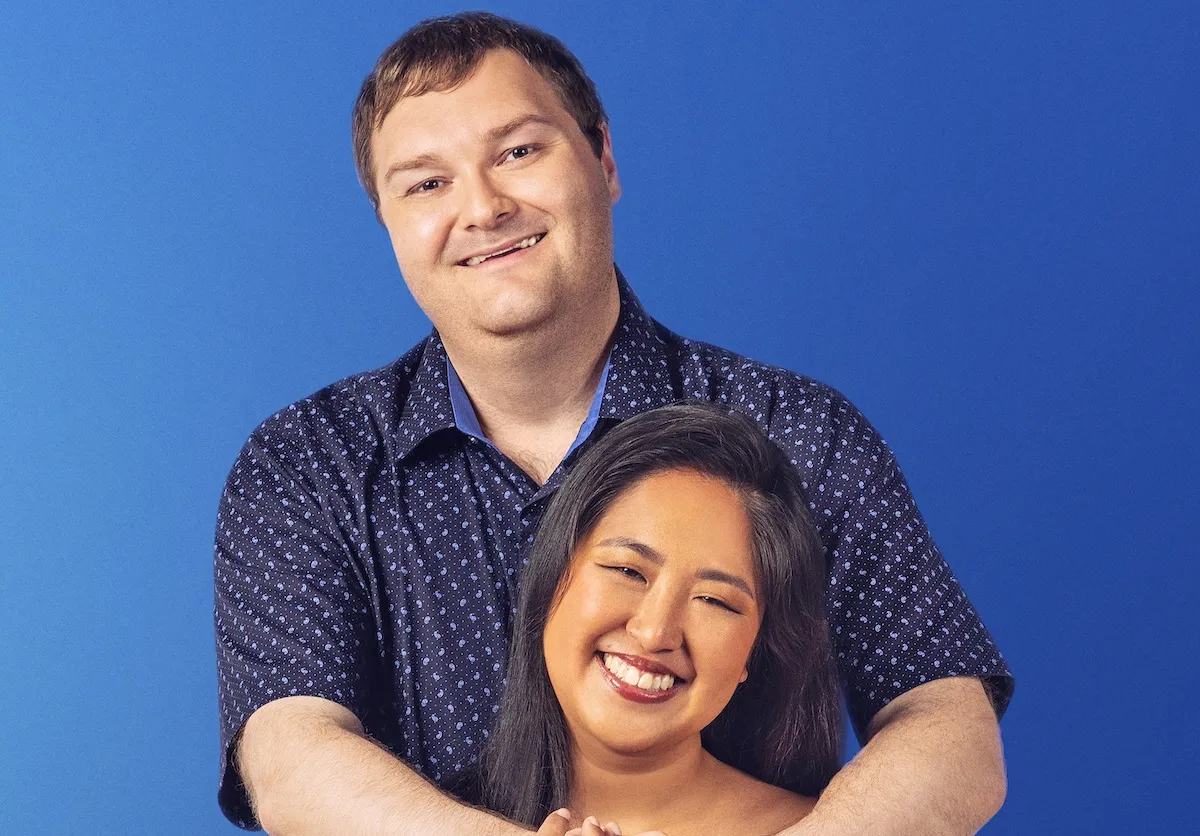This Is How Omari Hardwick Won the Role of Ghost on ‘Power’
As the final season of his Starz drama series Power begins, Omari Hardwick looked back at the beginning. For six seasons, Hardwick played Ghost on Power so it’s hard to imagine anyone else in the role. However, there was a time when Hardwick had to get the role, and he remembered why creator Courtney A. Kemp chose him to play Ghost.
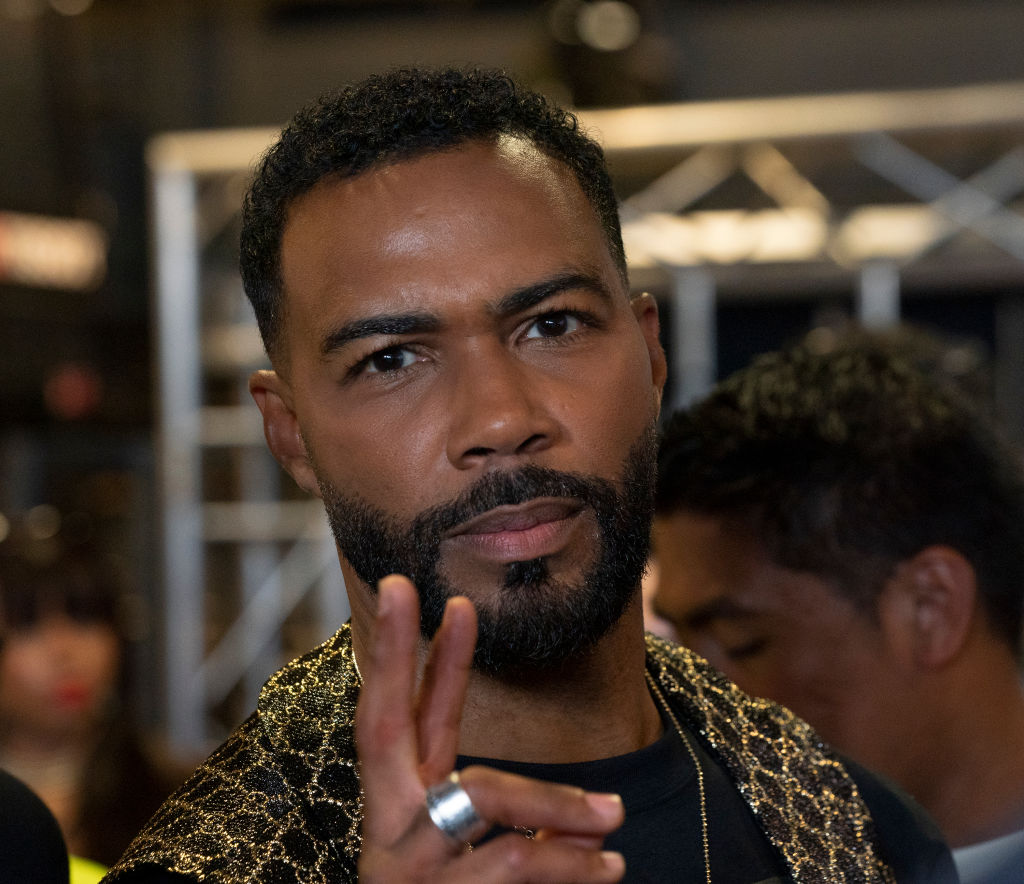
Hardwick was on a Television Critics Association panel with Kemp for the final season of Power. During the panel, Hardwick shared the story about what Kemp saw in him, and what made him the kind of actor who could play Ghost. The final season of Power begins tonight at 8 p.m. on Starz.
Omari Hardwick had this in common with Ghost from the beginning
When Courtney A. Kemp told Omari Hardwick what she saw in him, he accepted her assessment.
“When I sat down with Courtney the first time pre-Season 1, she said, ‘I’m hiring you for your rage,.’” Hardwick said. “I got her point, and I didn’t argue it one bit.”
Power definitely drew on Hardwick’s rage in Ghost’s intense scenes.
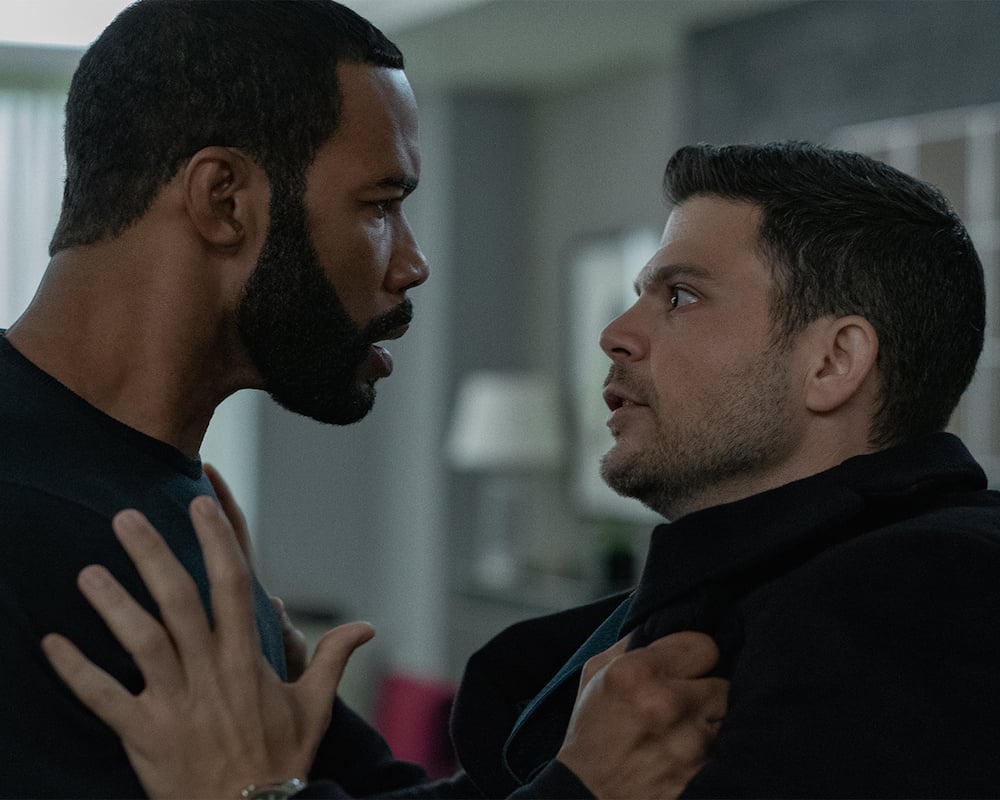
“I hear everybody from my mother to strangers in here saying, ‘Omari smile more, we love your big *ss smile.’ I get it, but when she said with zero apology, ‘I hired you for your rage,’ one of the greatest things in life is to be given permission to be rage-filled without being arrested for it.”
‘Power’ utilized Omari Hardwick’s complex background
Of course, there is more to Ghost than rage. Once he had the role, Hardwick was able to add more of his own colors to Ghost.
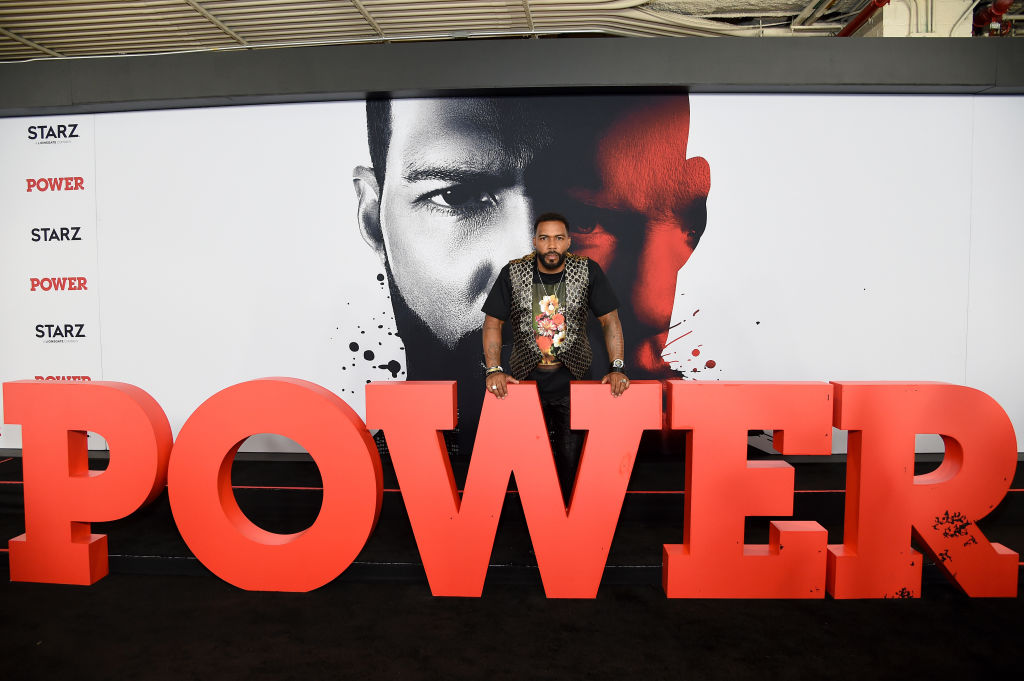
“I haven’t stated it a lot, but there’s a poet meets an athlete meets an actor, so the combination of sorts for me is interesting,” Hardwick said. “I grew up in an all-black neighborhood and I went to an all-white high school. So there were things in me that at each pivotal point in my life, the reality that I was creating that which I didn’t even know I would use one day when Courtney and Curtis [Jackson] and Mark Canton and [Starz executive] Carmi [Zlotnik] and the rest of the execs at STARZ hired me. And it was all of those dichotomies that were inside of me.”
Omari Hardwick drew on literature for ‘Power’ too
Rage? Check. Poet-athlete-actor? Check. That’s still not all Omari Hardwick brought to Power. He also saw Ghost as a Captain Ahab character.
“I think the emotion that was best and most favorable for me to play that bubbled up in me the most was just this ambition,” Hardwick said. “I read Moby Dick when I was in high school, but I decided to read it again when I got this part of Ghost because just this guy’s quest, just this desire, like people are addicted to social media, he was addicted to the conquering of a whale.”
Power is full of ambitious characters craving more power.
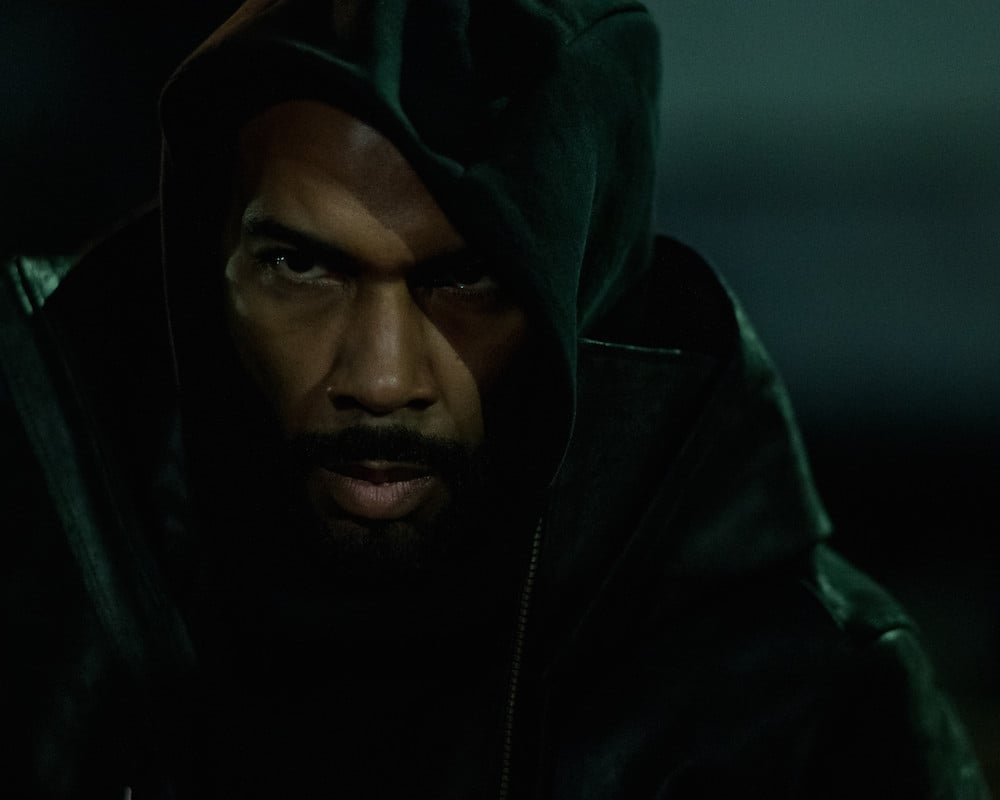
“I wanted to outdo everybody’s ambition, so that was the fun one that I got to play,” Hardwick said. “Growing up in my neighborhood and my house I didn’t always feel like I could act out on the ambition at the highest level, but that was fun for me.”
Speaking of Omari Hardwick’s neighborhood…
Omari Hardwick brought up his neighborhood twice, so when asked for more specifics he elaborated on it.
“I think it’s really important to know who you are, first and foremost,” Hardwick said. “So, I’ve seen it in reverse where I’ve met later in life, perhaps, African-Americans who aren’t necessarily so sure about who they are culturally. Then they’re all of a sudden trying to run up and catch who they are in their 20’s. They might’ve grown up opposite, and then they go to a historically black school, and they try to figure that out. Or they get within their own confines or environmental huddles that allow them to learn a little bit more about who they are.”
The history of Hardwick’s family impacted him deeply too.
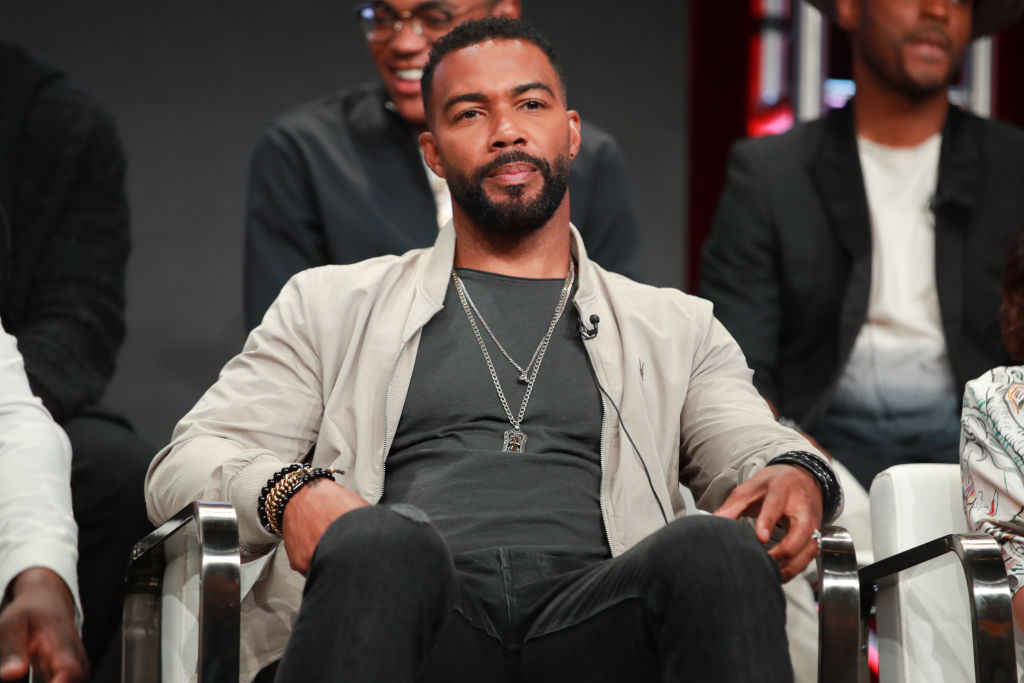
“There were two grandfathers in my life who had gone through so much of the Jim Crow realities of life, growing up in Savannah, Georgia, both being educated. one calling me Chilly, one calling me Boots,” Hardwick said. “Interestingly, they were so about me learning who I was — even if it was via my father, who was the son of one of them, and through uncles to the side — that by the time I got to certain huddles in life or environmental groups that didn’t mind me coming in, I so was aware of who I was as an African-American which is perhaps rare.”
That background grounded Hardwick when he went to that all white high school
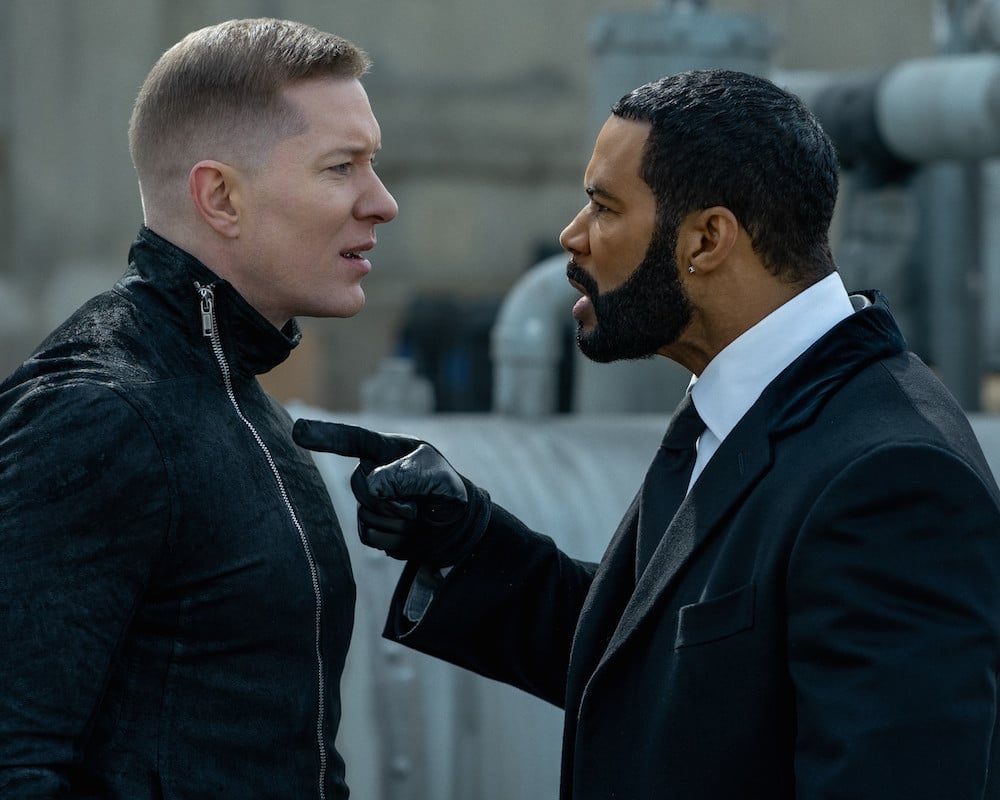
“So once I went off to a white high school, it was interesting because I was very aware of who I was,” Hardwick said. “At times, certain things said to me were very offensive because I knew who I was. And then, certain times, there were people that perhaps gravitated towards me, who didn’t look like me or 50 [Cent] or Rotimi or Michael [Rainy, Jr.] or Larenz [Tate]. They didn’t make that an issue that they didn’t look like me. They just were like, ‘I’m comfortable with how comfortable you are with who you are.’ So I started to weed out very well. I think it gave me a great barometer and antenna in terms of discerning people that I shouldn’t be around and those that I could.”
It all comes back around to ‘Power’
Sharing that experience still returns to Power. When Hardwick first met Kemp and Jackson, they all knew how to relate to each other.
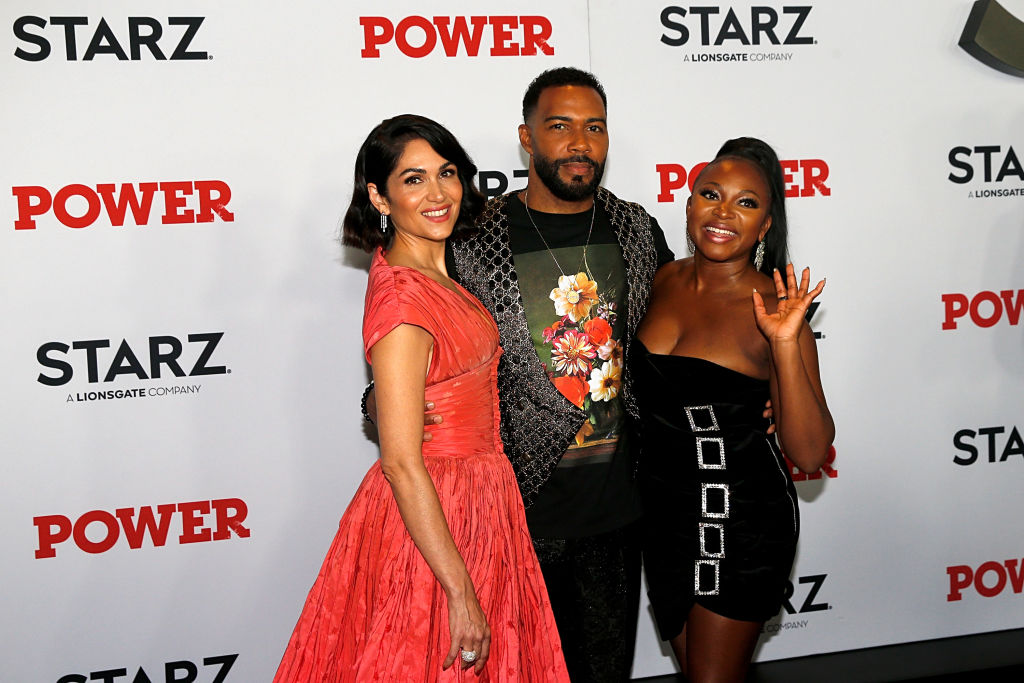
“So by the time I got to somebody like Courtney and somebody like 50, they couldn’t grow up any different,” Hardwick said. “They were very different in their upbringings. So mine was somewhere in the middle of Courtney and 50. So I feel like both of them threw an arm around me and said, ‘Part of me gets you.’ That would be Courtney’s voice. And then, Curtis had ‘A part of me gets you.’ So, I found my space in the middle in terms of us being the triumvirate of African-American before and then to rejoin the forces.”
